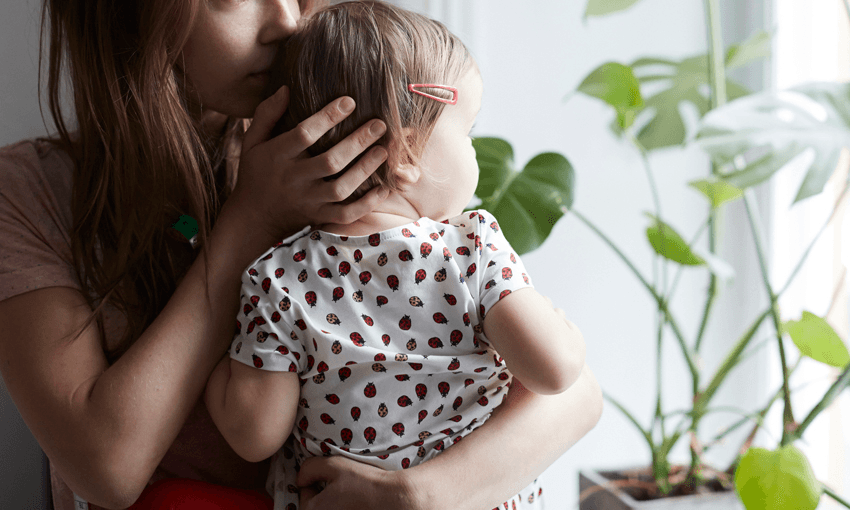Oranga Tamariki’s review into their own practices of uplifting newborn babies, spurred by a Newsroom investigation from June, has been released today. Here’s why it happened and what it says.
Why was there a review?
In June, Newsroom released a video showing the attempted uplift of a Māori newborn from his 19-year-old mother in the Hawke’s Bay. In the video, Oranga Tamariki tried countless times to uplift the child, even locking the mother’s midwife and family out of the hospital, leaving the frightened teenager trying to stay awake until 2am to stop her baby being taken away. After the video was published, four separate inquiries opened into the uplifting of children by the ministry.
Four inquiries?
Yes, four. One is being conducted by Chief Ombudsman Peter Boshier, another by Children’s Commissioner Andrew Becroft, a specific Māori inquiry by Whānau Ora, and today’s results pertain to an internal investigation by Oranga Tamariki.
Becroft’s inquiry will focus on uplifts of children under three months old, while Boshier’s was opened after what he said was “justifiable concern” from the public about the uplifting practices. Both Becroft and Boshier’s investigations are independent from Oranga Tamariki’s which has been a concern of the internal investigation.
What is the focus of the internal Oranga Tamariki review?
On June 18, the government released the terms of reference, which stated the review would focus on the “quality of Oranga Tamariki engagement, assessment and planning and our approach to inter-agency working.” It is specifically related to the Hawke’s Bay case.
What has the review found?
The review has found that the processes carried out during the attempted uplift of the Hawke’s Bay baby were not in the best interests of the child or his whānau.
Chief executive Grainne Moss said the handling of the Hawke’s Bay case was “unacceptable”.
“I know we have hurt this whānau – and I am truly sorry… Our work here wasn’t of a high standard and our usual checks and balances also failed. While there were safety concerns for this baby, we didn’t do a good job for this family.”
The review said the ministry should have tried harder to “build good relationships with whānau members or to explore options to place the baby with wider family.”
It also said there had been too much reliance on “historical information” when deciding on the baby’s safety. The court order for uplift noted a family history of domestic violence, reported Newsroom in their video, which the mother and her whānau denies.
What happens now?
The review recommended five changes to the uplifting process. The changes are:
- “Unless there is a clear need for action to protect a child from immediate and imminent danger, all interim custody order applications will be made ‘on notice’ to ensure the family is given the opportunity to have their say before a judge makes a final decision.”
- “When staff need to act faster to keep a child safe, every Section 78 ‘without notice’ application will go through additional checks with a regional legal manager, a site manager and a practice leader all signing off.”
- “Additional investment will be made into staff training nationwide and greater supervision for family group conferences.”
- “Our practise leaders on every site will look at all reports of concern for unborn and newborn babies and check that we put the right planning and assessment around vulnerable mothers at the earliest opportunity.”
- “In Hastings, more resources and training will be provided to staff and a new Regional Supervisor appointed.”
All the recommendations had been accepted. Moss said it was clear that there were mistakes made in the attempted uplift of the Hawke’s Bay baby. “We need to own up to that and make sure we do everything we can to prevent them from happening again… I am making a personal commitment to meet with every site in the country to talk to my staff about the high level of professional practice I expect from them.”
What about the family at the centre of the investigation?
Oranga Tamariki says they have apologised to the family through their lawyer and offered a face-to-face apology, which was rejected. The family refused to participate in the inquiry from the very beginning, telling Newsroom in June they were after an independent inquiry and that an internal review was “akin to leaving Dracula in charge of the blood bank.”

